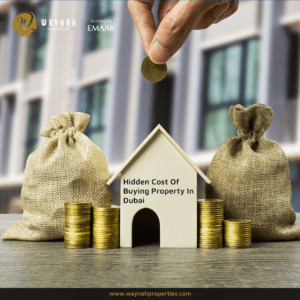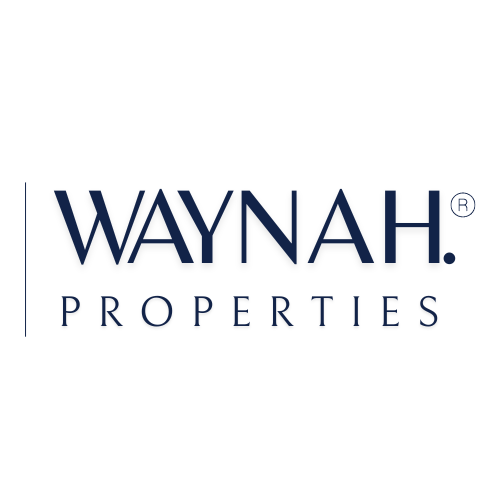Services
Quick Links
Get In Touch
Office 1704, Lake Central Tower Business Bay, Dubai. P.O. Box: 73857
Branch Office : Muscat,Oman
- Email: info@waynahproperties.com
- Phone No: (+971) 4-422-3369
- Cell No: (+971) 50-272-0519
- Hours: Mon-Fri 9:00AM - 5:00PM
© 2024 All Rights Reserved.

